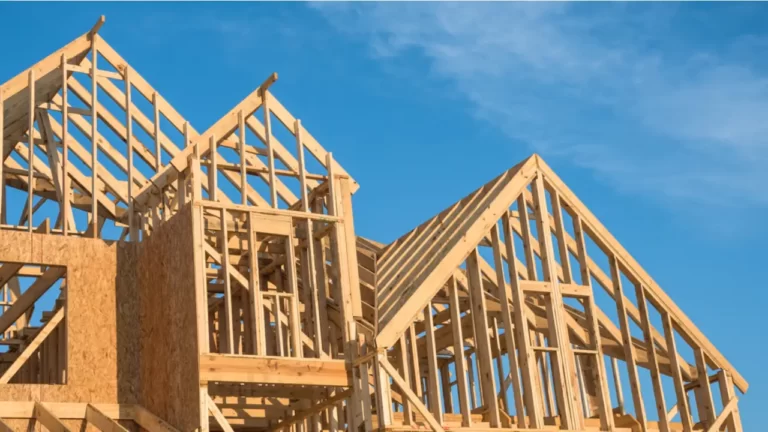A cash-out refinance is a type of home loan where you borrow more than the amount owed on your current mortgage and receive the difference in cash. This type of refinancing can be an attractive option for homeowners who want to access their home equity to pay off debt, fund home improvements, or invest in other assets. However, one of the most common questions about cash-out refinancing is how much money you can actually get from this type of loan. In this article, we will explore the factors that determine the amount of cash you can receive from a cash-out refinance.
- Your Home’s Equity
The primary factor that determines how much money you can receive from a cash-out refinance is your home’s equity. Equity is the difference between the current market value of your home and the outstanding balance on your mortgage. The more equity you have in your home, the more cash you can receive from a cash-out refinance.
For example, if your home is currently worth $500,000 and you owe $300,000 on your mortgage, you have $200,000 in equity. If you are eligible for a cash-out refinance and want to borrow $50,000, you would receive a check for $50,000 minus any closing costs or fees associated with the loan.
- Loan-to-Value Ratio
The loan-to-value (LTV) ratio is the amount of your mortgage loan compared to the value of your home. Lenders use the LTV ratio to determine the amount of risk associated with a loan. The higher the LTV ratio, the more risk the lender takes on.
In general, lenders will allow you to borrow up to 80% to 85% of your home’s value through a cash-out refinance. This means that if your home is worth $500,000, you could potentially borrow up to $400,000, assuming you meet all other eligibility requirements.
- Credit Score and Debt-to-Income Ratio
Your credit score and debt-to-income (DTI) ratio are also important factors in determining how much money you can receive from a cash-out refinance. These factors are used by lenders to assess your ability to repay the loan.
Lenders typically prefer borrowers with higher credit scores and lower DTI ratios. If you have a poor credit score or a high DTI ratio, you may still be able to qualify for a cash-out refinance, but you may receive a lower loan amount or higher interest rate.
- Appraisal Value
When you apply for a cash-out refinance, your lender will require an appraisal of your home to determine its current market value. The appraisal value can also impact the amount of cash you can receive from a cash-out refinance.
If the appraised value of your home is lower than you anticipated, you may not be able to borrow as much as you wanted. On the other hand, if the appraisal value is higher than you expected, you may be able to borrow more than you originally planned.
- Closing Costs and Fees
Finally, it is important to consider the closing costs and fees associated with a cash-out refinance. These costs can vary depending on your lender, your location, and other factors. Typical closing costs can include appraisal fees, title insurance, origination fees, and attorney fees.
Closing costs can be paid out of pocket or rolled into your loan amount. If you choose to roll the closing costs into your loan, it will increase the amount of cash you receive from the cash-out refinance, but it will also increase the overall amount of your loan and your monthly payments.
In conclusion, the amount of money you can receive from a cash-out refinance depends on several factors, including your home’s equity, the loan-to-value ratio, your credit score, and the DTI ratio. It is a good approach to check your Middle Credit Score before you refinance. This will also allow you to position yourself prior to applying and completing the Cash-out Refinance process.







